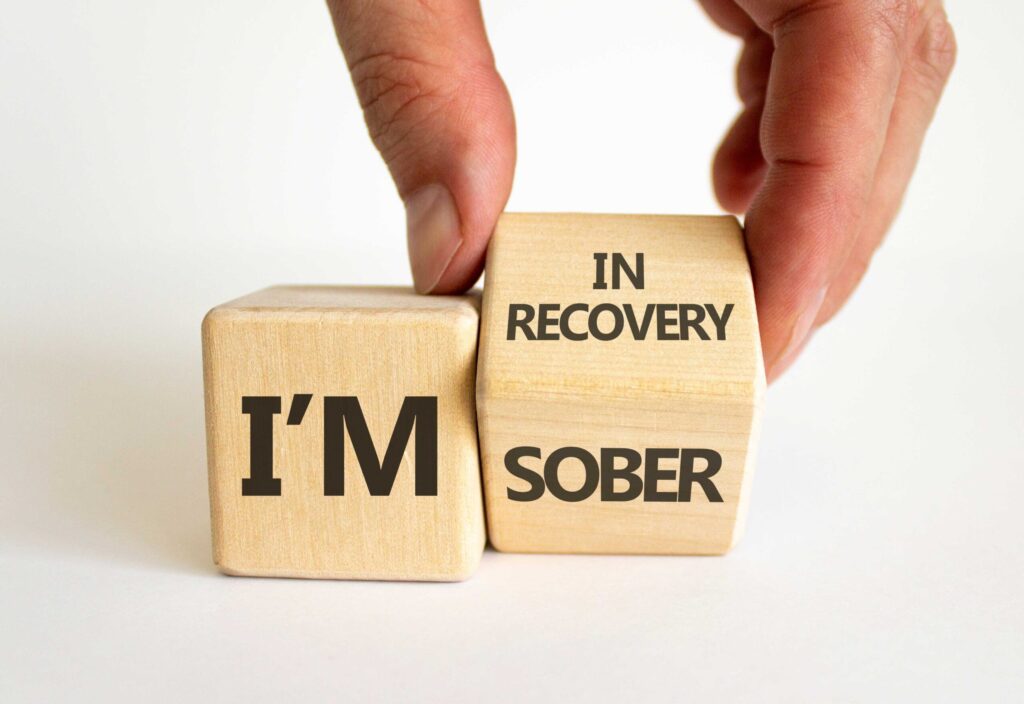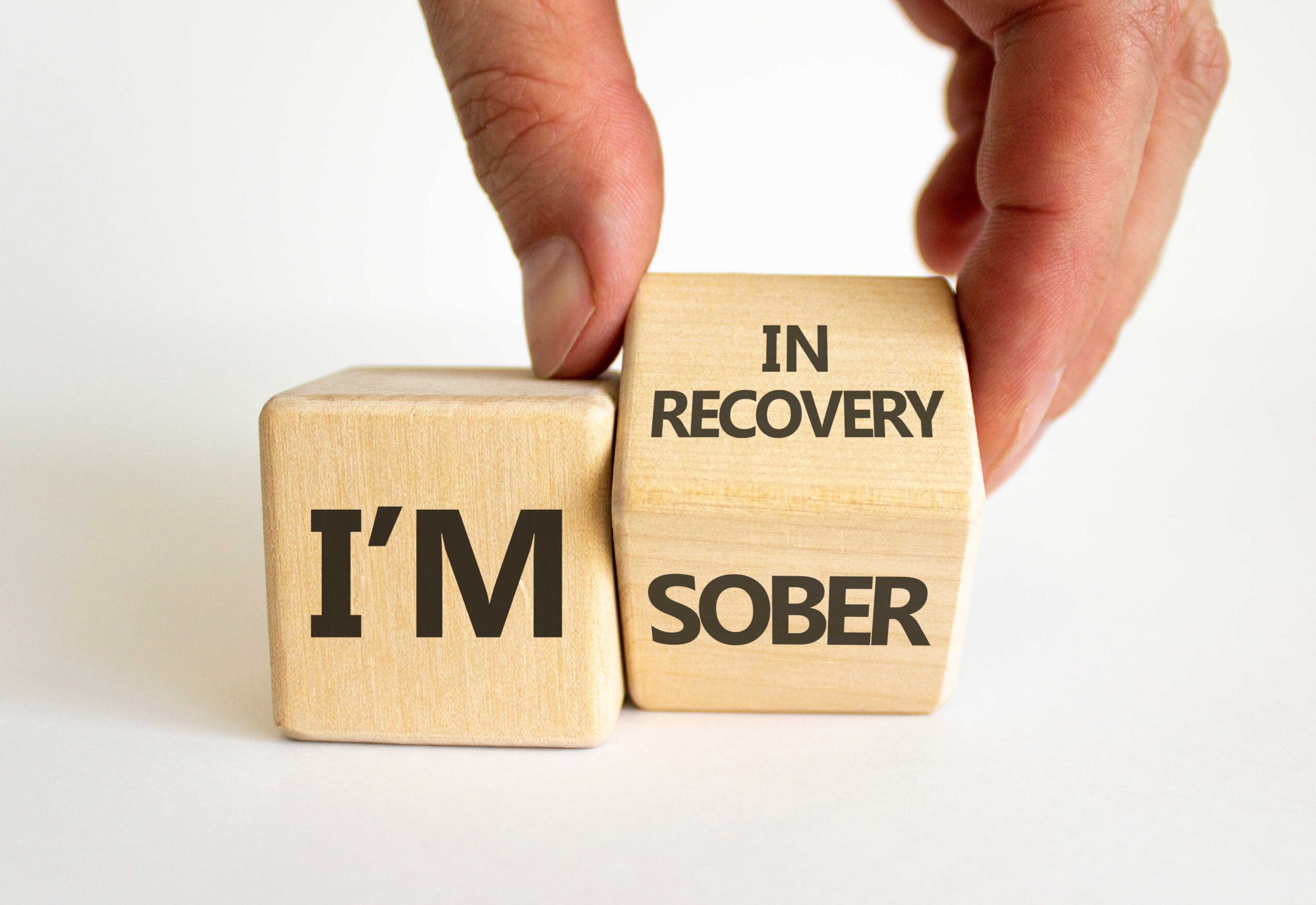In the realm of addiction and substance use disorders, the words sobriety and recovery are often used interchangeably. However, there are some notable variances in the meanings of these words which can impact an individual’s approach to healing and their overall sobriety journey. While both are important to success in wellness, they focus on different aspects. It is important to notice the differences in these terms.
WHAT IS SOBRIETY?
Sobriety refers to not being under the influence of any substances from a specific point in time. Sobriety can be achieved through various means – detoxification programs, residential treatment programs, Intensive Outpatient Programs, sober living programs, support groups and personal commitment. You likely hear this characterized as being “sober” and its chief characteristic is what a person gave up.
-
-
Sobriety is:
-
• Refraining from any substance use. Sobriety emphasizes the elimination of drugs or alcohol without identifying and then treating the underlying issues that may have contributed to substance. • Sobriety can be seen as a guidepost on a recovery journey, but it doesn’t provide a comprehensive solution to the complexities of addiction. Sobriety can be achieved individually. • Some people use “sober” inconsequentially, void of a long-term lifestyle commitment. Example: I’m sober tonight and can be your driver.
WHAT IS RECOVERY?
Recovery, on the other hand, is a more holistic process. Recovery extends far beyond refraining from substance use. It incorporates an all-inclusive method to healing mentally, physically and spiritually; the secondary benefits include experiencing personal growth and transformation. Recovery is not one step. It’s an ongoing process understand the underlying cause of substance abuse and addiction. You likely hear this characterized as “being in recovery.” Recovery is an active pursuit and is characterized more so by what one gains.
-
-
Recovery is:
-
• Revealing and treating the root causes of addiction, including trauma, mental health issues and social factors. Recovery is often connected with personal growth and self-discovery. It encourages individuals to develop healthy coping mechanisms, life skills, and habits that enhance resilience and emotional well-being. • Recovery is seen as a lifelong journey rather than a destination. It involves ongoing effort, adaptation, and self-reflection as individuals in recovery continue to navigate their lives post-addiction. At its fullest, recovery is experienced, navigated and supported in a community of peers also committed to healing.
What is the relationship between sobriety and recovery?
Sobriety and recovery are two distinct concepts, but they are interconnected. Sobriety can be attained in one-hour increments, but recovery is a way of life and is more long-term. Achieving sobriety can be an essential first step in a recovery process. Lacking the commitment to refrain from substances, it can be difficult to engage in the deeper work required for recovery. On the other hand, recovery supports long-term sobriety by providing the tools and coping skills necessary to navigate life’s trials and tribulations without turning to substance use. Sobriety is often a milestone, while recovery embodies a holistic approach to healing and transformation. Individuals on the path of sobriety could strive for both sobriety and recovery, recognizing that the journey is unique to each person. By understanding the difference between these two terms, individuals can better navigate their paths to a healthier, more fulfilling life.
WHY SANTÉ FOR THOSE WHO SUFFER FROM ADDICTION?
Santé Center for Healing provides integrity-driven, evidence-based, and personalized long-term recovery customized for those suffering from substance use disorders, mental health, trauma, problematic sexual behavior, disordered eating and other compulsive behaviors. Founded in 1996, Santé’s mission is to provide long-term recovery because left untreated, addiction is a fatal disease. Include contact info and “follow us” info here, too. Article by: Amy Miller, MBA Photo: Designed by Dzmitry & Julie K. Ballard For More on Social Media:







